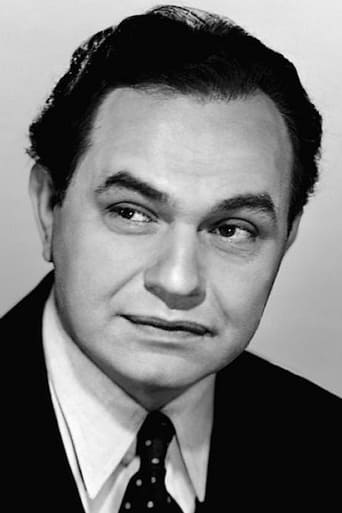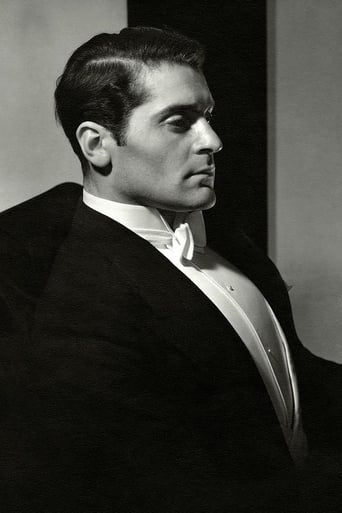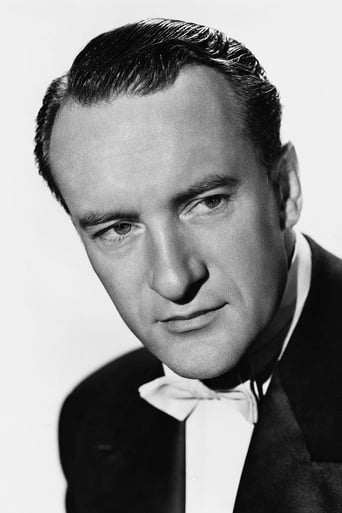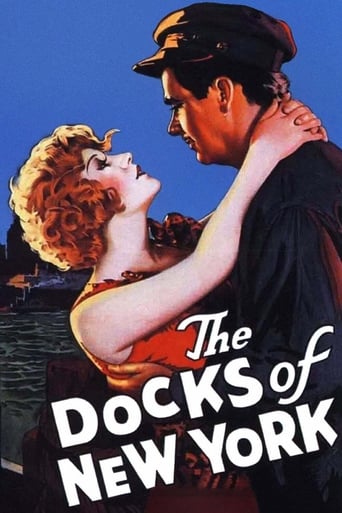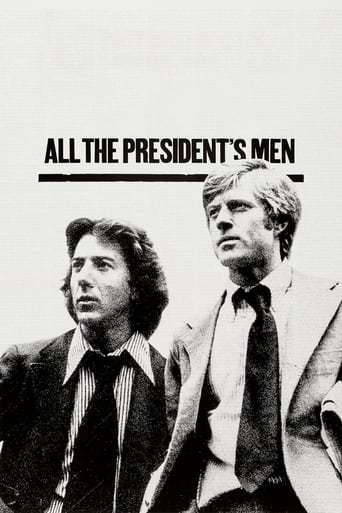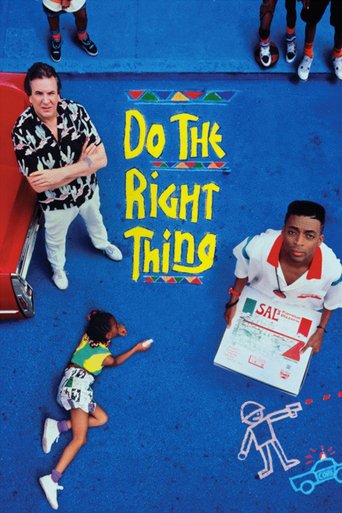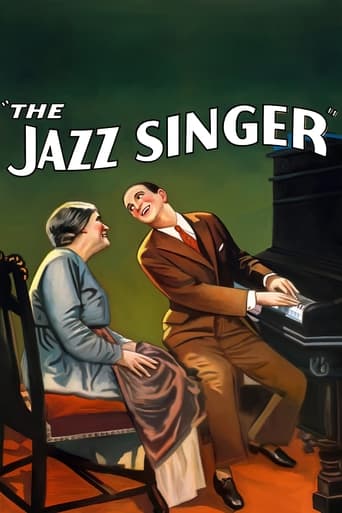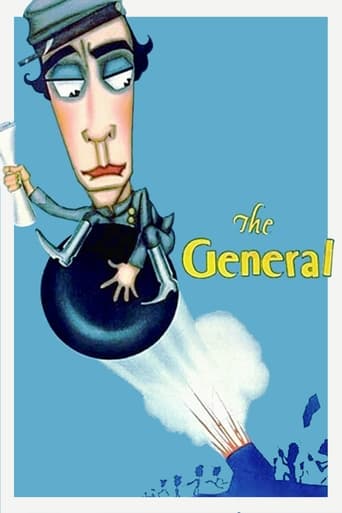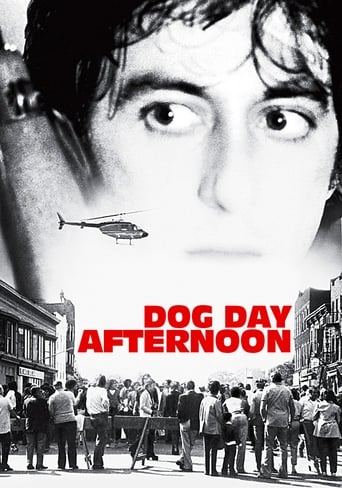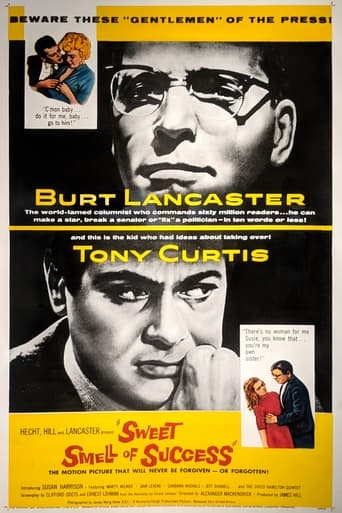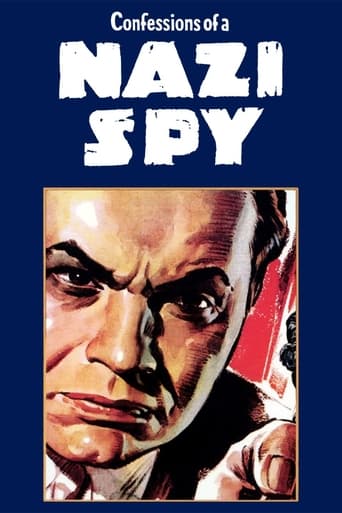

Confessions of a Nazi Spy (1939)
FBI agent Ed Renard investigates the pre-War espionage activities of the German-American Bund.
Watch Trailer
Cast


Similar titles
Reviews
The timing of this film "Confessions of a Nazi Spy" is rather apt, considering the fact that those monsters the Nazis were in full power. The film has a definite feeling of being a documentary and that is vital to the film's success. Various suspects with alleged links to the Third Reich movement, are having their movements monitored by the F.B.I. The Bureau have dossiers on people who plan to liaison with confirmed Nazis, once the latter people reach the United States, so that they can spread their reign of terror. Edward G. Robinson doesn't come into the film until half way but his role is very important. He plays an agent for the Bureau and who is building a case for the prosecution of the different suspects. The film has a gripping narrative, especially during the scenes that show the underground meetings of the Nazis. This isn't the sort of film that entertains as such but it is very informative and the film gives a clear indication of the way the world was looking and would look for the next several years.
Exciting espionage picture from Warner Bros. that holds the distinction of being the first explicitly anti-Nazi movie made in America. Star Edward G. Robinson doesn't appear until nearly midway through the film. The first half of the movie is about the various characters involved in a Nazi spy ring. Robinson plays an FBI agent who catches one German-American (Frances Lederer) acting as a spy and uses him to try and nab bigger Nazi fish.Fascinating from a historical perspective but also gripping entertainment. It was based on a real case, which might explain why it has this realistic feel to it that you don't often see in pictures of the time. For example they don't even catch all the bad guys in the end. I'm surprised the Code allowed that as it usually called for all evil-doers to be punished. The newsreel-style narration is also a nice touch. The cast is good with (mostly) solid performances from everyone. Frances Lederer is hammy but he grows on you after awhile. Paul Lukas and George Sanders play Nazis. Sanders is good and Lukas is fantastic in the film's meatiest role. Robinson is also great in an understated performance. Given that this is WB we're dealing with, there's of course a wonderful supporting cast featuring the likes of Joe Sawyer, Dorothy Tree, and many German actors (some of whom used fake names to protect their families back in Germany)."You guys are worse than gangsters" shouts one man when he's thrown out of a German American Bund meeting for expressing a dissenting opinion. There's some humor in that, I suppose, since WB was the pioneer of the gangster movie. But they would also make some of the best ant-Nazi war films during WW2. In many ways, this could be seen as their first step in that direction.
Based on a series of articles, then a book, "Nazi Spies in America," by ex-F.B.I agent Leo Turrou, who lost his job for writing, this is an interesting period piece. The dialogue has its clunky moments, especially when characters pause to speechify. But that was probably necessary as part of the propaganda of the time, when it was important to wake up America to the dangers of Nazism before Pearl Harbor. It was a time when too many voices were saying Hitler's was a European war and that America should keep out of it, and pro-Nazis like Charles Lindberg and the radio priest, Father Charles Coughlin, drew large audiences. Although there certainly were Nazi spies in the U.S., resulting in numerous convictions, at the same time it's worth noting that the direct threat to America was exaggerated in the film. In 1939-1940 Hitler was focused on continental Europe first, then Britain, and had spent little time thinking about America. But the existence of Nazi spies certainly justified setting off alarm bells across the country and an effort to determine just how serious the threat was. Again, the film's value is largely as a period piece.I do fault the script for portraying the spies as confessing and switching sides much too easily. Those moments struck me as highly unrealistic.The website of the FBI describes the spy cases on which the articles, book and film were based. The case of Guenther Rumrich, who attempted to obtain 50 blank passports by posing as the Secretary of State is described at http://1.usa.gov/SbtCWj, although the FBI describe him as "crafty" while in the film he appears as a fool. The FBI also admits its failure in the case, reporting that "four times as many spies had escaped, including the biggest fishes." Leon Turrou, the ex-agent who wrote the book on which "Confessions of a Nazi Spy" was based, fares very badly in the FBI account. Another case related to the movies was the Duquesne Spy Ring, involving 33 spies, described by the FBI at http://1.usa.gov/TcR74V.
"Confessions of a Nazi Spy" is an excellent film about real events. It's based on a true story and uncovered facts at a time when the whole world was on the verge of war. As such, it's also an outstanding piece of propaganda – indeed, a classic example of the beneficial use of propaganda. More on that later.Some of the reviews I've read give the impression that propaganda is all bad. Some imply that it's false or deceptive. Some don't like the fact that propaganda is or can be manipulative. But there are differences between propaganda and how it's used, and between it and outright lies and deception. World War II was a time rife with propaganda and with outright lies and deception. But, before looking at how it applies to this film, it would help to have a better overall understanding of propaganda.Propaganda is everywhere around us. It's in the ads we watch, listen to and read in the media. It's in the news media itself. It's in our history books and school courses at all levels. It's in the government programs created by Congress. It's in the political rhetoric of our elected officials. Indeed, it's a proof of freedom of speech and of the press. The propaganda this refers to is the category of facts, ideas, and information that is used widely to explain, promote or encourage support for programs, positions, efforts, projects and products. In this vein, propaganda helps inform the public about something. It may help a person make up his or her mind to support or oppose a policy or proposal. It may help a shopper decide which products or brands to buy. It helps people understand how a government program works. That's what most propaganda is and does. But, there is another aspect of some propaganda, and that has to do with spreading rumor or making allegations about some one or thing. This is a malicious use of propaganda, and it fits in the realm of slander. It's used to attack, belittle or discredit some one or something in the eyes of the public. It's always negative. Curiously, no definition of propaganda states that it is ever outright deception and lies. So, there is a clear distinction between propaganda, which is not wrong or bad in itself, and lies or deception which are wrong.Now, back to this film. It's based on a true story and events. It covers a great deal of information about the German-American Bund that many – indeed, most Americans then probably did not know. It exposed the real malicious and oppressive designs and intentions of the Nazis. This was at a time when many Americans were pacifists and didn't want to see a repeat of WWI. And, this film showed very well the deliberate Nazi plan to use the natural, healthy pacifism, as a means to keep America divided and out of the war. For the first time, many Americans found out what the Nazi party was really up to, and how it was a threat to our own country. "Confessions" shows that the Nazis used outright lies and deception to cover up the truth of their operations. That was not propaganda, but misinformation. Toward the end, we saw that they planned to use rumor, allegation and slander in propaganda. This movie doesn't include several of the sabotages that Nazi agents carried out in some eastern U.S. cities. And we learn in the film that before that time, the U.S. did not have a counter-intelligence agency to deal with such insurgency.Who could argue that the conclusions of the film, and the resulting security measures and efforts were not right? The government, and all Americans, learned about the dangers of "loose lips" – that can sink ships. So, as a propaganda piece, this film alerted the public to be cautious and wary. "Confessions" is indeed an historical film. It was the first real intelligent, fact-based movie that warned about the designs of the Nazis. And its value and importance became clear right away when organized Nazi efforts tried to stop the film's release with demonstrations in some eastern cities.


